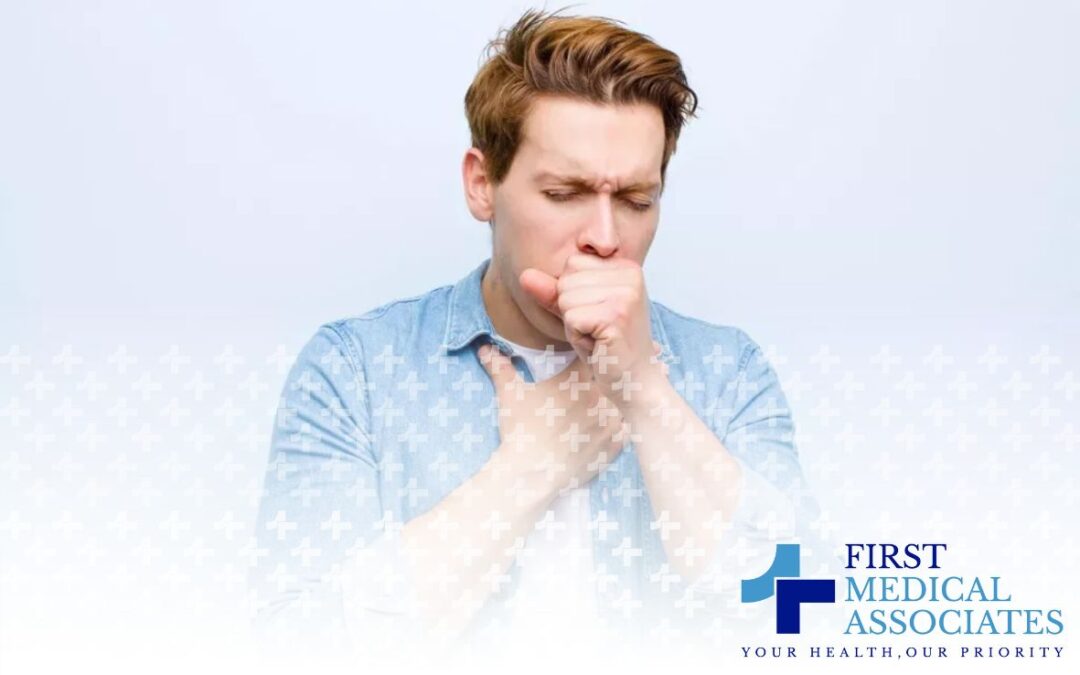Long-haul COVID causes a variety of symptoms that can interfere with your physical and emotional health, as well as your quality of life. The good news: We can help. Here’s how.
The United States has had almost 100 million diagnosed COVID-19 cases since the pandemic began. While many of those infected recover within a few weeks, others continue to suffer for months after the initial infection subsides.
This phenomenon is called long-haul COVID (or long COVID), and if you suffer from it, you know the significant impact it can have on your life. Although there’s no immediate “cure” for long-haul COVID, there are treatment regimens that can help.
At Doctors First PC, our primary care team helps patients at our Gaithersburg, Germantown, Rockville and Columbia, Maryland, offices get the care they need to manage their symptoms and feel better. Here’s how we can help you.
Defining long-haul COVID
While a mild to moderate COVID-19 infection lasts about two weeks, long-haul COVID causes symptoms that last much longer — for weeks or months after the initial infection is diagnosed. As with the initial infection, long-haul COVID causes a variety of symptoms that can vary in severity. Your primary care doctor reviews your symptoms and performs tests to ensure your treatment is optimized for your needs. Some of the symptoms you may experience include:Respiratory symptoms
Respiratory symptoms are common among people with COVID-19 because the virus often attacks the lungs, impairing their function. Many of those effects persist in long-haul COVID, causing symptoms like chronic cough or shortness of breath. Lung impairment means your tissues and organs aren’t getting sufficient oxygen,. That often leads to feelings of fatigue or exhaustion after even a little amount of physical exertion.Neurological symptoms
Loss of smell or taste are fairly well-known COVID-19 symptoms, and they can last for months afterward for some people. Other people have symptoms like “brain fog” or confusion, memory issues, headaches, or blurry vision.Heart symptoms
Most people know that severe COVID-19 infections can cause heart damage, but long-haul COVID affects your heart, too. Many people have symptoms like rapid heartbeat or chest pain, or cardiovascular problems, including blood clots, dizziness or fainting, or blood pressure changes.Other symptoms
Long-haul COVID can cause problems with the digestive system, such as diarrhea or nausea, along with recurrent fever or joint pain. Many people report a general feeling of malaise or pervasive lethargy. In addition, many people suffering from long-haul COVID struggle with mental health issues like depression, anxiety, and sleep disturbances. Researchers aren’t sure whether these symptoms are due to the post-infection effects on the body, or if they’re caused by “burnout” arising from the need to deal with symptoms over a long period of time.Treatment for long-haul COVID
Because long-haul COVD can affect different organs and organ systems, your family doctor will prescribe a multi-faceted, comprehensive treatment plan to manage symptoms and improve your health and quality of life. Our team develops custom, patient-centered care plans for those with long-haul COVID, with treatments focusing on each patient’s symptoms, as well as any underlying health risks that could be affected by their earlier infection. Depending on your needs, your family physician might prescribe:- General exercise
- Pulmonary training
- Lung and heart screening
- Medication that may include antidepressants
- Stress management
- Counseling
- Physical therapy
Manage your long-haul COVID symptoms
Long-haul COVID can affect anyone infected with the COVID-19 virus, but it tends to be more common among people who:- Had more severe initial infections
- Required hospitalization for their infection
- Have underlying medical problems
- Haven’t been vaccinated for COVID-19

